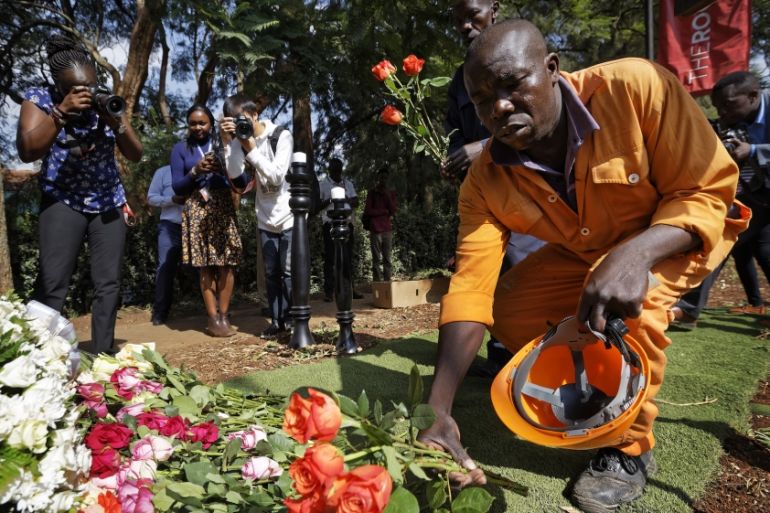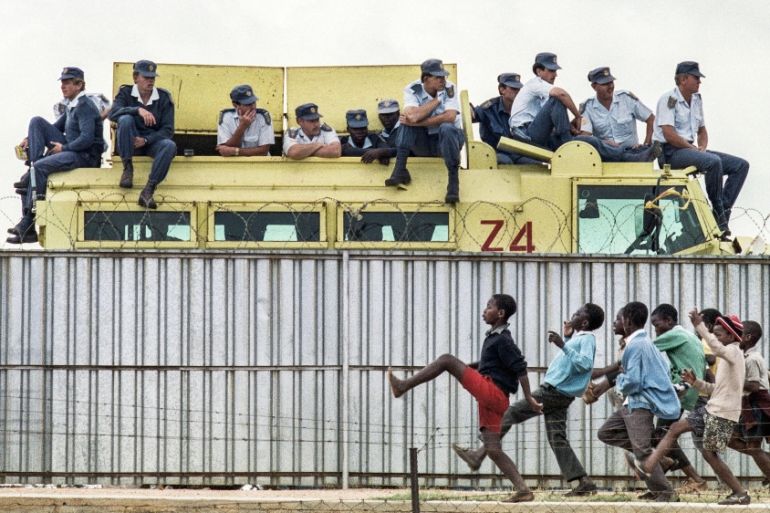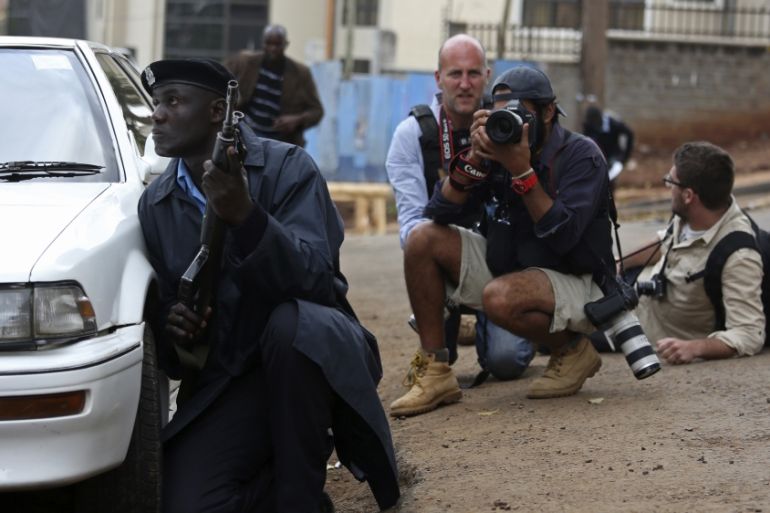It is time Western media rid its coverage of Sri Lanka’s powerful protest movement of damaging Orientalist tropes.


M Neelika Jayawardane is Associate Professor of English at the State University of New York-Oswego, and a Research Associate at the Visual Identities ... in Art and Design (VIAD), University of Johannesburg (South Africa). She is a recipient of the 2018 Andy Warhol Foundation Arts Writers Grant for a book project on Afrapix, a South African photographers’ agency that operated during the last decade of apartheid. She was recently selected for a critical writing residency at the Center for Photography at Woodstock, and received support from the Warhol Foundation Arts Writers Grant for an interdisciplinary project examining photography from Sri Lanka’s civil war period.
It is time Western media rid its coverage of Sri Lanka’s powerful protest movement of damaging Orientalist tropes.

Fashion continues to trade in the white lie that it is inherently a non-racial practice and a business.

Even as the diversity and inclusion programmes proliferate, calls for far-reaching structural change remain unanswered.

Anonymous social media accounts that provide a safe space for women to talk about sexual abuse deserve protection.

Africans will no longer sit idly by as foreign journalists display their tragedies for Western consumption.

Do well-known artists have a right to appropriate other people’s photographs to make ‘art’?

What is an art institution’s responsibility when one of its ‘star’ artists is violent towards women?

Goldblatt will be remembered as a mentor, a teacher and above all, the founder of Market Photo Workshop in Johannesburg.

This year’s Berlin Biennale poses important questions about otherness, power, violence and patriarchy.

African photographers are still struggling with exclusion and marginalisation by major press organisations.
